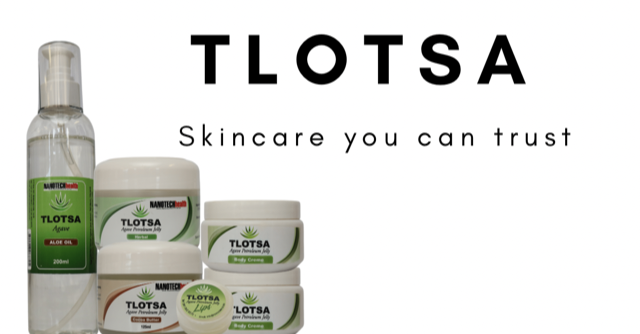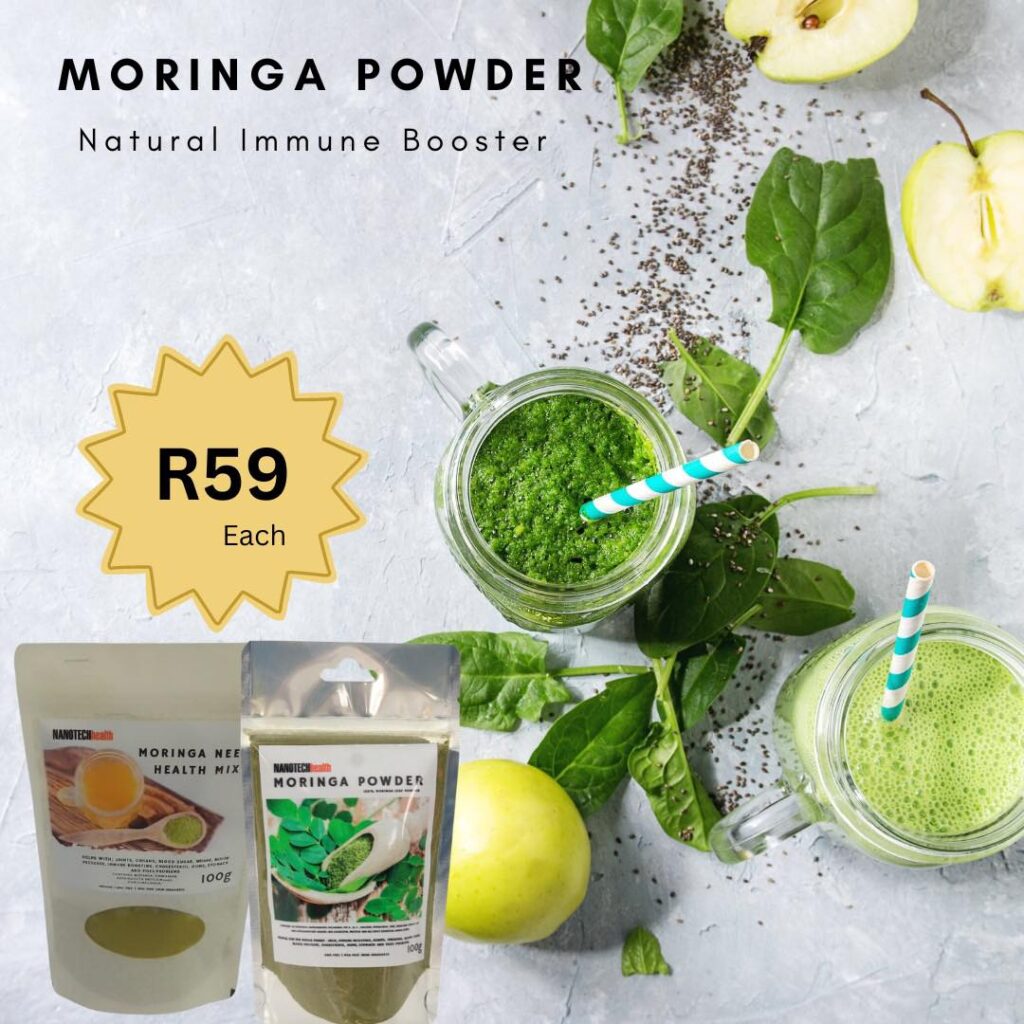Acne can be a frustrating and confidence-damaging condition to deal with. Fortunately, there are plenty of acne skincare tips and tricks you can use to transform your acne-prone skin and get the clear, glowing complexion you’ve always dreamed of. In this ultimate guide to acne skincare, we’ll cover everything you need to know to get started on your journey to clearer, healthier skin.

- Causes of Acne: Understanding the Roots of the Problem
Before diving into any acne skincare routine, it’s important to understand what causes acne in the first place. Hormonal changes, stress, diet, and environmental factors can all contribute to acne breakouts. By identifying the root cause of your acne, you can better tailor your acne skincare routine to address the underlying problem.
- Acne-Prone Skin: Tips and Tricks for Taking Care of Your Skin
If you have acne-prone skin, it’s important to be gentle and avoid harsh products that can further irritate your skin. Look for gentle cleansers, hydrating moisturizers, and targeted acne treatments that won’t dry out your skin. Consider incorporating a weekly face mask into your routine to give your skin an extra boost of hydration.
- Acne Treatment: Choosing the Right Products for Your Skin
When it comes to acne skincare treatment, there are plenty of options to choose from. Over-the-counter products like salicylic acid and benzoyl peroxide can be effective for mild acne, while prescription-strength treatments like retinoids and antibiotics may be necessary for more severe cases. It’s important to work with a dermatologist to determine the best treatment plan for your skin.

- Acne Scars: How to Treat and Prevent Scarring
Acne scars can be a frustrating reminder of past breakouts. Fortunately, there are plenty of treatments available to help fade and prevent acne scarring. From at-home remedies like vitamin C serums and chemical peels to professional treatments like microneedling and laser therapy, there are plenty of options to choose from.
- Acne Skincare Routines: Putting It All Together
Frequently Asked Questions: Common Concerns and Misconceptions About Acne Skincare.
Now that you have a better understanding of the different factors that contribute to acne and how to address them, it’s time to put it all together into a cohesive acne skincare routine. Start with a gentle cleanser, followed by targeted acne treatments and a hydrating moisturizer. Don’t forget to incorporate a weekly face mask and protect your skin from the sun’s harmful rays with a daily SPF.
- Lifestyle and Environmental Factors: Addressing the Root Cause of Your Acne
While acne skincare can certainly help improve the appearance of acne, it’s important to address the root cause of the problem as well. Consider making lifestyle changes like reducing stress, getting enough sleep, and eating a healthy, balanced diet. Environmental factors like pollution and humidity can also contribute to acne, so be sure to protect your skin from these factors as well.
Over the counter acne Skincare treatments
- Hormonal Acne: How to Balance Hormones for Clearer Skin
Hormonal changes can be a major contributor to acne breakouts, particularly in women. If you suspect that your acne is related to hormonal changes, consider working with a healthcare provider to balance your hormones and address the underlying problem.
- Acne in Different Parts of the Body: Tips and Tricks for Treating Body Acne
Acne isn’t limited to just the face – it can also appear on the back, chest, and scalp. Consider incorporating body washes and scrubs specifically formulated for these areas into your routine, and make sure to wear breathable fabrics to reduce friction and irritation.
- Acne Medication and Side Effects: Understanding the Risks and Benefits
Acne medication can be a powerful tool in the fight against acne, but it’s important to understand the potential side effects as well. Common side effects of acne medication include dryness, redness, and peeling. Be sure to follow your healthcare provider’s instructions closely, and don’t hesitate to reach out if you experience any concerning side effects.
- Acne and Makeup: How to Look Your Best While Protecting Your Skin
Makeup can be a great way to boost your confidence and feel your best, but it’s important to choose the right products for your acne-prone skin. Look for non-comedogenic, oil-free products that won’t clog your pores or irritate your skin. Consider using a makeup primer to create a smooth, even base for your makeup, and make sure to remove your makeup thoroughly at the end of the day.
- Acne and Diet: How What You Eat Affects Your Skin
While the link between diet and acne isn’t fully understood, some studies have suggested that certain foods may trigger acne breakouts. Consider avoiding foods high in refined sugars and carbohydrates, which can increase inflammation in the body and contribute to acne. Instead, focus on a diet rich in fruits, vegetables, lean proteins, and healthy fats to support healthy, clear skin.
- Acne and Stress: Managing Your Stress Levels for Clearer Skin
Stress can be a major contributor to acne breakouts, so it’s important to find ways to manage your stress levels. Consider practicing yoga, meditation, or deep breathing exercises to help calm your mind and reduce stress. Exercise can also be a great way to relieve stress and support healthy skin.
- Acne and Sun Exposure: Protecting Your Skin While Enjoying the Outdoors
While sunlight can have some benefits for acne-prone skin, it’s important to protect your skin from the sun’s harmful rays to prevent further damage. Look for a daily moisturizer with SPF to protect your skin, and consider wearing a hat or seeking shade during peak sun hours.
- Natural Acne Remedies: Exploring Your Options for Gentle, Effective Skincare
If you prefer natural remedies, there are plenty of options available for acne-prone skin. Tea tree oil, honey, and aloe vera are all natural ingredients that can help soothe and heal acne-prone skin. Consider incorporating these ingredients into your skincare routine for a gentle, effective approach to acne treatment.
- Professional Acne skincare Treatments: Seeking Help from a Dermatologist
If you’re struggling to manage your acne on your own, don’t hesitate to seek help from a dermatologist. A dermatologist can help diagnose the underlying cause of your acne and recommend the best treatment plan for your skin. From prescription-strength medication to professional treatments like chemical peels and laser therapy, there are plenty of options available to help you achieve clear, healthy skin.

By incorporating these tips and tricks into your acne skincare routine, you can transform your skin and achieve a healthy, clear complexion. Remember to be patient and consistent with your routine, and don’t be afraid to seek help from a dermatologist if you’re struggling to manage your acne. With the right tools and techniques, you can unlock your best skin yet and feel confident and radiant every day.